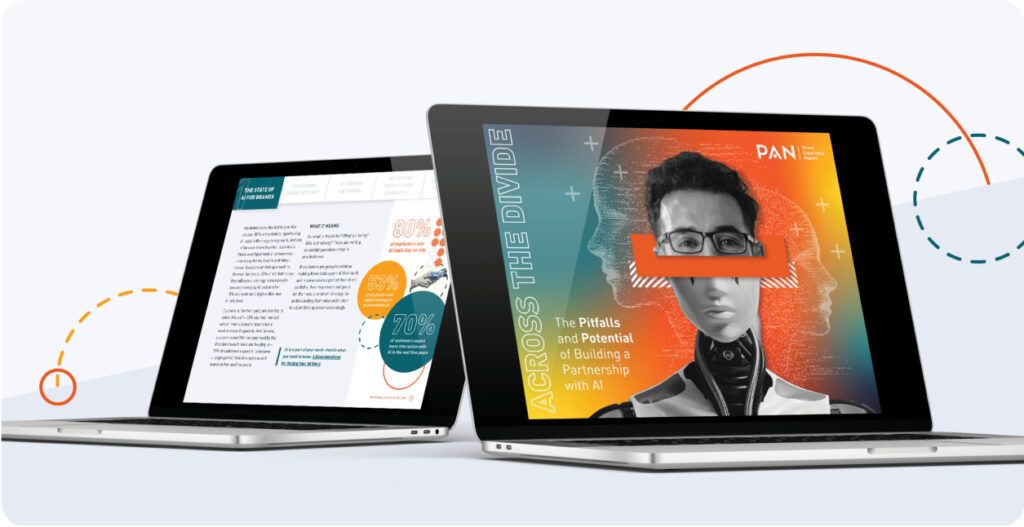The digital health market is expected to reach $233 billion by 2020, and while the biggest driver is said to be mhealth, data will be providing payers and providers the answers they need to improve healthcare at the clinical level. As we get closer to tonight’s event, we can’t help but wonder how the mobile phone has come so far in such a short period of time while we’re still trying to crack the digital health code. This is a theme recently highlighted at the Powering Precision Health Summit and tackled in today’s fireside chat with Michael Batista, CEO & Founder of Quantified Care.
Also, stay tuned in to find out which of Health 2.0’s Start-up Stand-up participant will be crowned the winner!
Why is Boston a great place to start/grow your business?
While Quantified Care is based in Baltimore, many of our clients reside in Boston. And, as a former Boston resident, I’m excited to be returning for this event.
Boston is undoubtedly an active hub for healthcare-focused startups, investors and business opportunities. The city’s wealth of resources is exactly what startups are looking for to grow and scale their businesses. Its academic institutions produce some of the best talent in the world who are ready to jump into the rigor of startup life. High-ranking medical centers provide opportunities to evolve and validate new concepts and ideas. Investment activity in the area and its proximity to other investment centers, like New York City, ensure the best ideas have a chance to grow from a nascent concept into a thriving business.
Why are you participating in this event?
I have long been a fan of Health 2.0’s events and content, and I am excited to be presenting at one of their events for the first time. Quantified Care is nearing the end of our $1.25M seed round of investment and is beginning to put more resources into sales and marketing. This event provides an opportunity to connect with new investors and business opportunities. Additionally, Health 2.0 provides a forum for Quantified Care to talk about our exciting work in digital health, which includes one of Boston’s own major enterprise businesses, Blue Cross Blue Shield of Massachusetts.
What has been your biggest challenge in launching Quantified Care? Success?
Today, digital health has saturated the consumer market with an abundance of hardware and software solutions that anyone can use to manage their own health. For companies in this space, the path to market is clear and requires direct sales to the consumer. However, at Quantified Care, our mission is to make digital health meaningful at a clinical level and in a way that connects patients with the support they need when they need it to successfully manage their health. In taking this approach, Quantified Care’s clients are healthcare organizations, such as health insurance companies, who have the infrastructure to achieve this goal with Quantified Care’s technology in hand. Breaking into the enterprise healthcare market takes patience, time and diligence, and poses the biggest barrier to a new business. This has been our biggest challenge at Quantified Care, but one that has helped us to evolve our model, expectations and strategy. Today, our biggest success has been being able to work with such great companies and people at Blue Cross Blue Shield of Massachusetts to bring our technology to market in a way that can help patients with chronic conditions achieve peace of mind and better health while saving the healthcare system money.
How do you foresee the healthcare industry evolving in the next 5 years? 10?
The next 5-10 years in healthcare are going to be defined by the access to new data that digital health and other industries are creating. With the ability to tap into data that has never been captured or analyzed before, the standard healthcare institutions as we know them today will look completely different within the decade. We already see it today with payers having access to real-time patient-captured data that is allowing them to operate more like providers, and with providers consolidating and forming integrated healthcare systems that can operate as payers. Personalized medicine will also become a reality with patient-generated data, genetic data, EHR data and consumer data all coming together in a holistic, meaningful way. The caveat here is that all these opportunities only work if patients are willing to engage in their health and share information about themselves. This still needs to be sufficiently proven. At Quantified Care, we believe that building upon behavior modification techniques and human-centered design practices is a step in the right direction. While it’s a risk, businesses that take the plunge early have the potential to realize success and stake their claim at the forefront of the changing healthcare landscape.



